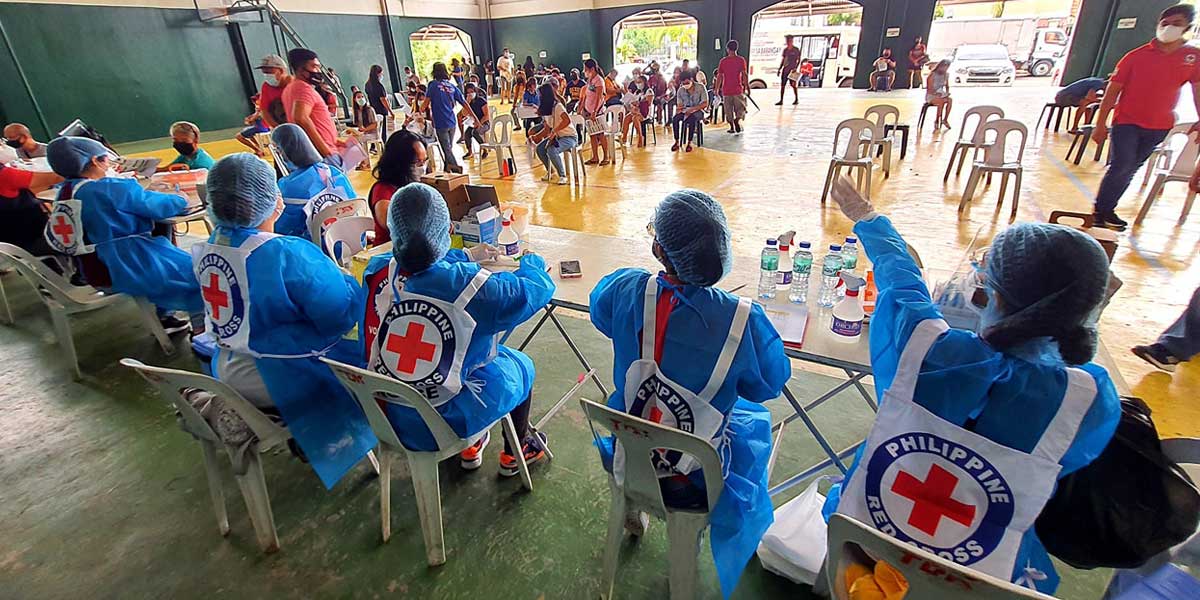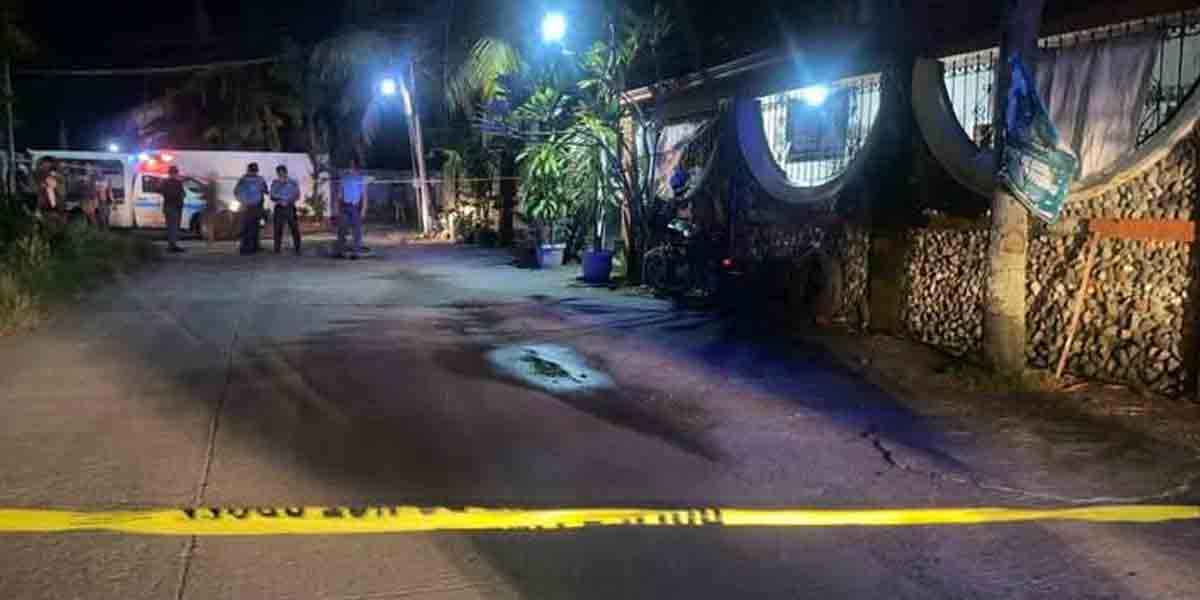
By Joseph B.A. Marzan
Iloilo Governor Arthur Defensor Jr. on Thursday nixed complacency as the province shifts to the more permissive General Community Quarantine (GCQ) status and the declining number of coronavirus disease 2019 (COVID-19) cases in the province.
Malacañang on Wednesday announced that Iloilo province would slide to GCQ from October 16 to 31, four months after the province was escalated to a stricter Modified Enhanced CQ.
Iloilo Provincial Health Office (IPHO) data as of Oct 13 indicated that the province logged 1,137 new cases this month, or an average of 87 new cases daily.
Citing the IPHO’s Oct. 11 data, Defensor said the province’s Average Daily Attack Rate (ADAR) is at 6.1, while the 2-Week Growth Rate (2WGR) is at -40 percent.
The ADAR is the average number of new COVID cases per 100,000 people in an area, while the 2WGR is the percentage rate of how much COVID cases have grown in an area. Both parameters are measured over a 14-day period.
Iloilo province’s Health Care Utilization Rate (HCUR) is around 50 percent as of Oct. 11. HCUR refers to the percentage rate of COVID-dedicated beds and mechanical ventilators used.
Defensor said he will amend Executive Order No. 305 series of 2021 to adjust to the “less restrictive” GCQ.
“The significant differences in the community quarantine measures are in the operation of the establishments. Under GCQ, the leeway on establishments is wider. Under MECQ, they are only under a skeletal force. In GCQ, you are allowed a certain capacity, and if my memory serves me right, it’s at 50 percent,” the governor said in his regular press conference.
The governor said that even under GCQ, the provincial government will still be keen on minimum public health standards, especially with the increased capacity of business establishments.
He added that they will intensify their campaign for minimum public health standards and encourage the public to stay at home as much as possible to avoid COVID infections and hospitalizations.
“In our experience, and the whole world already knows this, where are we dangerous [for COVID]? We have to avoid eating closely without our face masks, because that’s where we [have COVID case surges]. If we attend to senior citizens and persons with co-morbidities who can catch COVID and may exacerbate transmission [in our houses], we wouldn’t know what to do to protect them,” he said.
Defensor shared his observation on the rise and fall of COVID infections in the country, in the region, and in the province.
He called the current pandemic as “the new flu”, saying that they still expect cases to surge later this year or earlier next year.
He cited the current surges in Negros Occidental and Bacolod City, two places which also recorded a previous uptrend of cases earlier this year.
“It is here. We just survived a surge, and it will surge again, especially if we aren’t careful in the Christmas season. We can surge again in January, because we’ve been seeing this in other local government units. So, we will use this GCQ to further prepare for another surge,” the governor said.
As to the recent loosening of travel restrictions by the Negros Occidental provincial and Bacolod City governments, he said that they will be reviewing it until today, Oct. 15, prior to issuing the new GCQ rules.





















